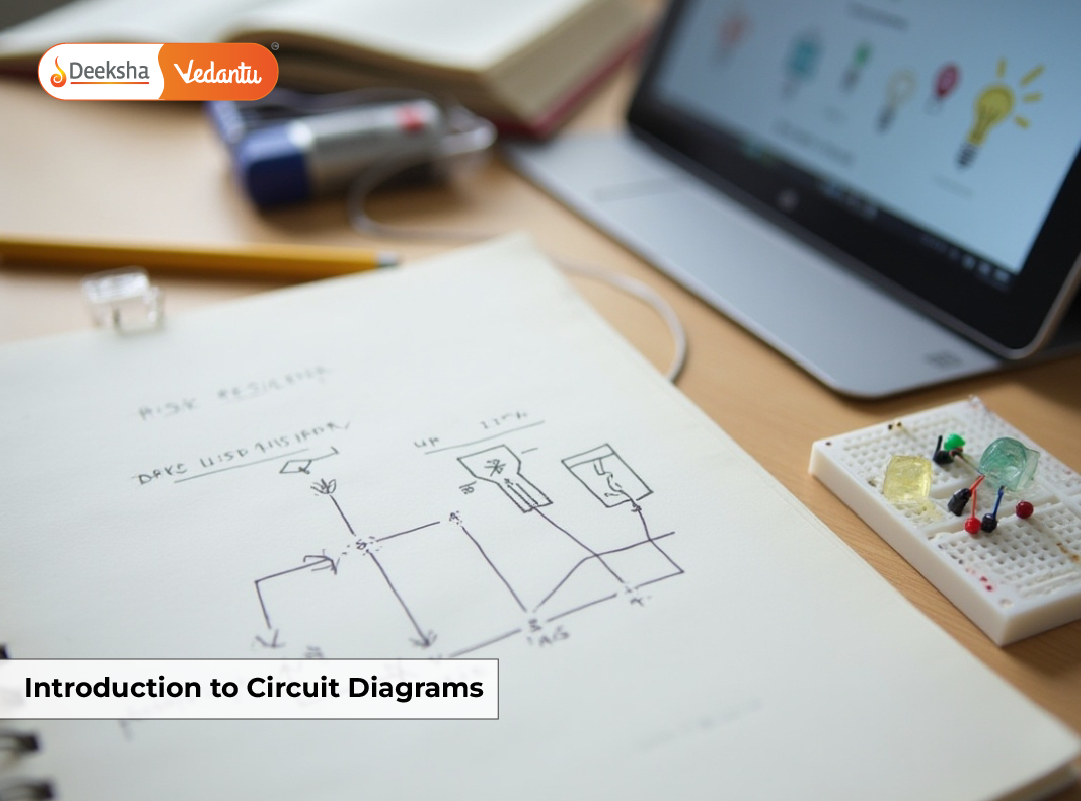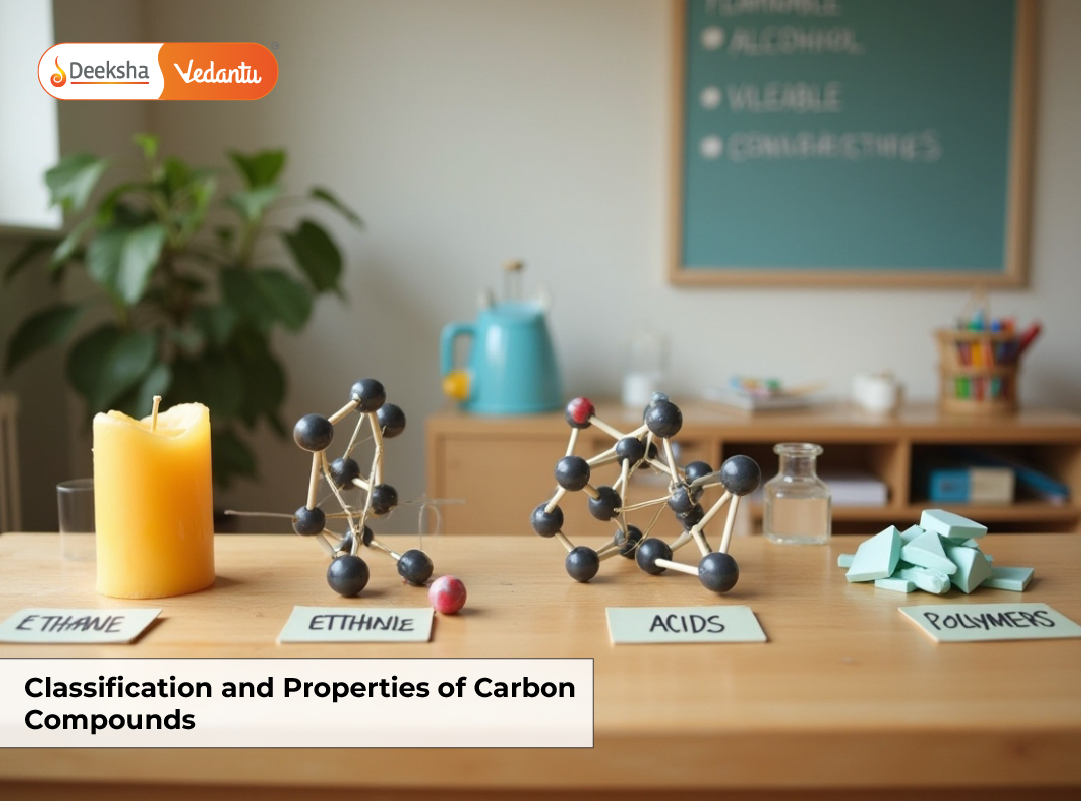Introduction
PU college is a pivotal academic stage that connects foundational school education to the focused demands of competitive exams and professional college courses. It is a time when students begin shaping their future by making career-oriented decisions. However, this transition is also marked by academic pressure, the need for independence, and a significant shift in learning styles. This is where developing strong study habits becomes vital.
Students who succeed during their PU journey are not necessarily the ones who study the longest, but those who study the smartest. At Deeksha Vedantu, we’ve observed that the right study strategies—built on discipline, organization, and mindfulness—can significantly enhance student outcomes. In this comprehensive guide, we will explore powerful habits and systems students can adopt to build consistency, manage time, and learn with greater clarity and retention.
Why Study Habits Matter in PU College
Unlike school, PU college comes with greater subject depth and an expectation of self-directed learning. Competitive exams like NEET, JEE, and CET run parallel to board preparation, making it essential for students to structure their study time effectively.
Key Benefits of Strong Study Habits:
- Increase productivity and reduce last-minute cramming
- Build a deep understanding of complex concepts
- Boost performance in class tests, board exams, and entrance tests
- Maintain a healthy balance between academics, physical health, and social life
- Reduce stress and increase confidence
Students with well-formed habits consistently outperform peers, not by working harder, but by working smarter.
Residential PU programs at Deeksha Vedantu
Setting SMART Academic Goals
A productive study routine begins with setting goals that are intentional and measurable.
What Are SMART Goals?
- Specific: Clearly define the outcome you want
- Measurable: Track your daily/weekly progress
- Achievable: Be realistic about your commitments
- Relevant: Align goals with long-term academic ambitions
- Time-bound: Set deadlines and checkpoints
Example:
“Complete Class 11 Chemistry syllabus by solving five practice questions daily and revising concepts every Sunday.”
Write down your goals and place them in your study space. Reviewing them frequently keeps motivation high.
Crafting a Daily and Weekly Study Schedule
Planning your time is a prerequisite for consistent learning. A well-designed study timetable helps maintain focus and prevents procrastination.
Elements of a Great Study Schedule:
- Allocate time blocks for each subject based on difficulty and priority
- Include buffer slots for unexpected tasks or revisions
- Distribute tough subjects during your most productive hours (e.g., early morning)
- Use weekends for mock tests and reviewing weekly topics
Tip: Use color-coded planners or digital apps to create a visual routine.
The 45-15 and Pomodoro Study Techniques
Sustained concentration is hard without breaks. Using structured break techniques boosts mental performance.
The 45-15 Technique:
- Focused study for 45 minutes
- 15-minute break to relax (stretch, hydrate, short walk)
- Repeat for 3–4 sessions per study block
Pomodoro Technique:
- 25 minutes study + 5 minutes break
- After 4 cycles, take a 20-minute break
Both methods prevent burnout, increase efficiency, and maintain long-term focus.
Active Learning vs Passive Learning
Passive reading leads to poor recall. Active learning ensures that you engage with content meaningfully.
Active Learning Strategies:
- Summarize chapters in your own words
- Teach concepts to a friend or imaginary class
- Convert theory into diagrams, tables, or charts
- Use MCQs or previous year questions after each chapter
Why Passive Learning Fails:
- Highlighting without understanding
- Repeated re-reading
- Copying notes without internalizing them
Switch to active strategies to enhance retention and exam readiness.
Effective Note-Taking Techniques
Well-structured notes are indispensable for quick revision.
Note-Taking Methods:
- Cornell Method: Divide the page into cues, notes, and summary
- Mind Mapping: Visual layout to connect ideas
- Outline Method: Hierarchical bullet points under topics
Best Practices:
- Use bullet points and numbered lists
- Leave margins for questions or additions
- Highlight formulas, diagrams, and exceptions
- Review and revise notes at the end of each week
Consistent note-taking habits reduce time spent before exams.
Weekly Reviews and Performance Checks
Consistent review is essential to reinforce memory and track your learning.
How to Review Weekly:
- On weekends, go through all subjects covered during the week
- Solve 10–15 MCQs per chapter for Science/Commerce subjects
- Maintain a separate revision notebook for quick referencing
- Reflect on your learning challenges and adapt your schedule
This habit helps avoid last-minute panic and improves exam readiness.
Visual Aids, Mnemonics, and Recall Techniques
Different students retain information differently. Some benefit from visuals, others from acronyms and creative recall methods.
Visual Tools:
- Flowcharts, diagrams, and illustrated tables
- Mind maps for chapters with interlinked concepts
Memory Techniques:
- Mnemonics: e.g., “King Philip Came Over For Good Soup” (Taxonomy)
- Acronyms: Create words using initial letters of a series (e.g., PEMDAS)
- Rhymes and Associations: Turn complex data into memorable patterns
Staying Motivated and Handling Study Fatigue
Mental wellness is often overlooked in academic planning. A healthy mindset improves both performance and enthusiasm.
Motivation Strategies:
- Set monthly progress goals and track them
- Use small rewards (treats, breaks, recognition)
- Join a study group or challenge a peer with quiz battles
Managing Burnout:
- Take regular breaks and incorporate physical activity
- Practice gratitude journaling or 5-minute breathing exercises
- Avoid comparison with peers—focus on your growth
Deeksha Vedantu integrates academic support with emotional wellness to foster all-round growth.
Leveraging Digital Tools for Smarter Learning
Digital resources can save time and improve your study output.
Tools to Explore:
- Google Keep or Notion: For digital note organization
- Anki and Quizlet: Flashcard platforms with spaced repetition
- Focus Apps (Forest, Tide): Help reduce distractions
- YouTube Channels and Lecture Archives: For difficult concepts
Use digital platforms wisely—stay focused and avoid multitasking.
Creating an Ideal Study Environment
Your surroundings affect your concentration and motivation.
How to Optimize Study Space:
- Use a quiet, well-lit corner with minimal distractions
- Keep essentials like textbooks, stationery, water bottle within reach
- Use ergonomic seating to maintain posture
- Add motivational quotes or a vision board to your space
A clean, organized space boosts discipline and mental clarity.
FAQs
How many hours a day should I study in PU college?
Between 6–8 hours of focused study, with sufficient breaks and review time, works well for most students.
What’s the best time to study—morning or night?
It depends on your personal rhythm. Mornings are better for memory-intensive tasks, evenings for practice sessions.
Should I study all subjects daily?
Not necessary. Rotate subjects every two or three days. Focus more on tough subjects while revising easy ones regularly.
How do I avoid distractions while studying?
Keep your phone on silent or use study focus apps. Inform your family about your study time. Create a non-negotiable routine.
Can I prepare for board and entrance exams at the same time?
Yes. Integrated coaching programs like those at Deeksha Vedantu make it easier with structured learning aligned to both syllabi.
Conclusion
Developing effective study habits is not just about scoring well in PU—it’s about building lifelong learning discipline. From planning your day to reviewing your progress, from mastering content to managing your mind, every aspect matters. With consistent practice and the right support system, PU college can be a launchpad for your success.
At Deeksha Vedantu, we don’t just teach—we guide, mentor, and empower students with tools and techniques that deliver results. If you’re ready to take charge of your academic life, developing the right study habits is your first step
Table of Contents















Get Social